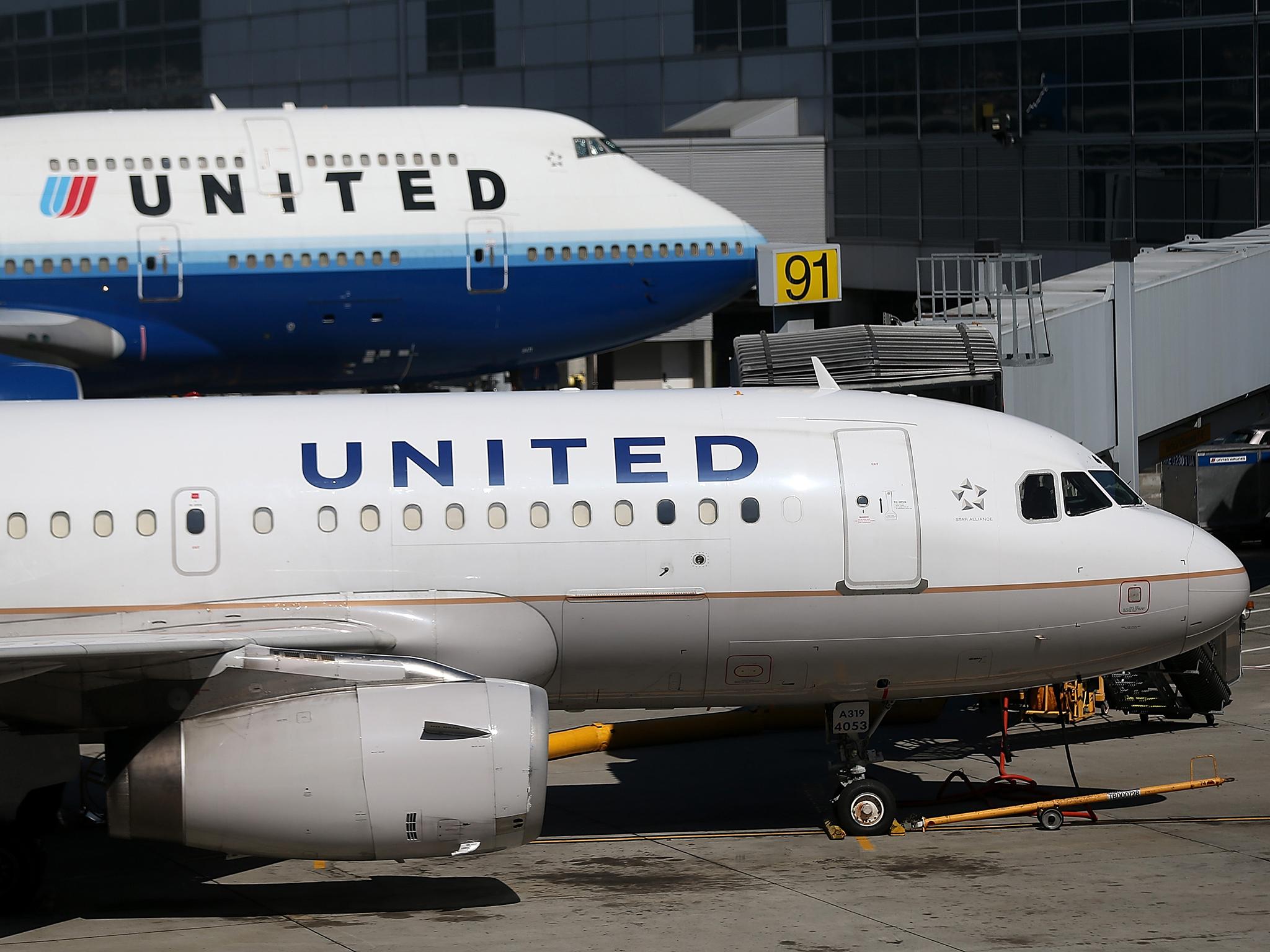Security expert who joked about hacking into aeroplane system hauled off flight by FBI and stopped from boarding plane three days later
Chris Roberts joked about deploying the plane’s oxygen masks to highlight a security issue he claims to have discovered and flagged previously

Chris Roberts, a prominent security researcher, has been stopped from travelling on two flights in the space of a week over a joke tweet he sent about hacking into an aeroplane’s system and deploying the passengers’ oxygen masks en masse.
Roberts, the co-founder and chief technology officer of security intelligence firm One World Labs, was hauled off a flight in Syracuse, New York, by the FBI on Wednesday for tweeting: “Find myself on a 737/800, lets see Box-IFE-ICE-SATCOM, ? Shall we start playing with EICAS messages? “PASS OXYGEN ON” Anyone ? :)”
His tweet had suggested he could deploy the oxygen masks and had referenced the plane’s satellite communications and crew-alerting system to prove it. The FBI questioned him for four hours and seized his laptop and other electronic items.
Virgin Atlantic Flight VS43: Gatwick in chaos after emergency plane landing disrupts more than 10,000 travellers
Show all 10Three days later, after Roberts had made comments that he had sent the tweet to flag up security flaws in airline systems, and that he had previously tried to alert companies to the ability for people to hack into their systems mid-flight, he was stopped from boarding a United Airlines flight to California.
“Given Mr Roberts’ claims regarding manipulating aircraft systems, we’ve decided it’s in the best interest of our customers and crew members that he not be allowed to fly United,” airline spokesman Rahsaan Johnson told the Associated Press.
“However, we are confident our flight control systems could not be accessed through techniques he described.”
Roberts had told CNN Money that he is “frustrated” aircraft manufacturers have not been listening to warnings he has been issuing for years over the security threat to aircraft systems, and that “nothing is getting fixed”.
His company is a security intelligence firm that “identifies risks before they are exploited,” and the researcher said after identifying this risk, he had managed to plug his computer into a box underneath his seat up to 20 times to test his theory.
“I could see the fuel rebalancing, thrust control system, flight management system, the state of controllers,” he told the broadcaster.
Speaking to Fox News, he said: “Quite simply put, we can theorise on how to turn the engines off at 35,000 feet and not have any of those damns flashing lights go off in the cockpit.”
“It is disappointing that United refused to allow [Roberts] to board, and we hope that United learns that computer security researchers are a vital ally, not a threat,” said Nate Cardozo, a staff attorney with the San Francisco-based Electronic Frontier Foundation, which represents the security expert.
Roberts’ revelations came in the same week that the US Government Accountability Office said that some commercial aircrafts could be vulnerable to hacking through their onboard wireless networks. “Modern aircraft are increasingly connected to the internet. This interconnectedness can potentially provide unauthorised remote access to aircraft avionics systems,” it stated.
Additional reporting by Associated Press
Subscribe to Independent Premium to bookmark this article
Want to bookmark your favourite articles and stories to read or reference later? Start your Independent Premium subscription today.

Join our commenting forum
Join thought-provoking conversations, follow other Independent readers and see their replies